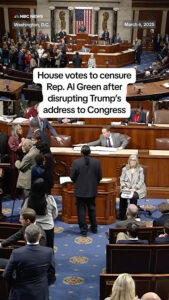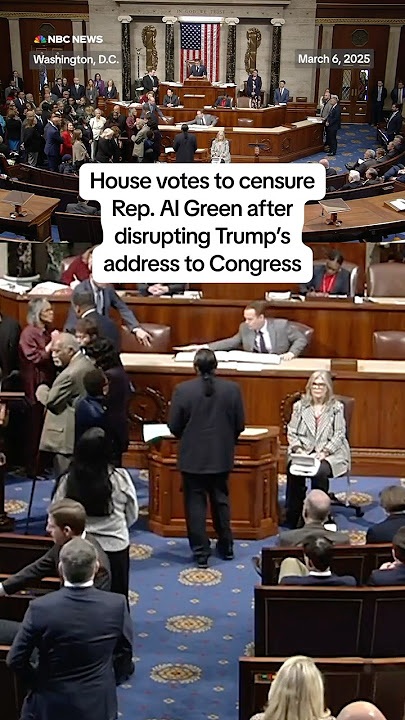Understanding the Collapse of the Dutch Government: What It Means for the Netherlands
The political landscape of the Netherlands recently experienced a significant upheaval as the government led by Prime Minister Mark Rutte collapsed. This event has raised numerous questions and concerns among citizens, political analysts, and business leaders alike. In this blog post, we dive deep into the reasons behind the Dutch government’s collapse, its implications for the Netherlands, and what it means for future governance and economic stability.
What Happened? The Collapse of the Dutch Government
On July 7, 2023, the Dutch government fell apart after Prime Minister Mark Rutte announced that the coalition had reached an impasse over a contentious policy issue related to immigration and integration. This decision was largely influenced by the conflicting views among coalition partners, leading to a breakdown in negotiations. The ramifications of this collapse were immediate, prompting discussions on the future of Dutch governance and the upcoming elections.
For a detailed overview of the collapse, you can refer to the New York Times.
Reasons Behind the Collapse
The roots of this political turmoil can be traced back to several key factors:
- Immigration Policy Disputes: The coalition partners, which included the People’s Party for Freedom and Democracy (VVD), the Democrats 66 (D66), and the Christian Union (CU), found themselves at odds over immigration policies. The VVD sought stricter measures, whereas the D66 emphasized more liberal approaches.
- Pressure from the Public: Rising dissatisfaction among the electorate regarding immigration issues led to increased scrutiny and pressure on the government to take a firmer stance.
- Coalition Dynamics: Coalition governments often pose challenges in governance as they require compromises among party ideologies. In this case, the diverging interests resulted in a stalemate, ultimately leading to the collapse.
Impact on the Netherlands
The collapse of the Dutch government has significant implications not only for national politics but also for the economy, social cohesion, and the public’s trust in political institutions.
- Political Instability: The immediate political uncertainty raises concerns about effective governance, particularly in the midst of ongoing global challenges, such as economic recovery post-COVID and the crisis in Ukraine.
- Electoral Impact: The situation sets the stage for upcoming elections, which will test the resolve of the electorate and could lead to significant shifts in party power dynamics.
- Business Confidence: For business leaders, instability can translate into uncertainty regarding policy direction, impacting investment decisions and strategic planning.
What’s Next for the Netherlands?
Following the government’s collapse, a transitional government is expected to hold power until new elections are organized. This interim period raises crucial questions:
- Formation of a New Coalition: Parties will need to negotiate alliances that can achieve a majority in parliament, with immigration policies likely being a core topic of discussion.
- Public Engagement: Engaging citizens will be crucial as they express their preferences for governance styles and policies which will emerge from this transition.
- Economic Considerations: The government must prioritize economic recovery and stability to reassure businesses and investors that the Netherlands remains a viable investment landscape.
Lessons Learned from the Collapse
As we analyze this development, a few key lessons emerge for the future of governance:
- Importance of Communication: Transparent dialogue among coalition members could mitigate clashes over policy and foster better understanding among different political ideologies.
- Adaptability to Change: Political parties must be willing to adapt their platforms in response to public sentiment and unforeseen circumstances.
- Engagement with Citizens: Politicians must prioritize engagement with their constituents to ensure that governance reflects the needs and concerns of the electorate.
Conclusion
The collapse of the Dutch government marks a pivotal moment in the Netherlands’ political landscape, one that brings both challenges and opportunities. For HR professionals and business leaders, understanding the implications of such changes is crucial for strategic planning. With an eye towards the future, it is essential to remain informed about political developments and their potential impact on business environments.
As the Netherlands navigates this uncertain terrain, monitoring the evolving political narrative will be key in understanding how to maneuver through the complexities of governance and economic stability.








